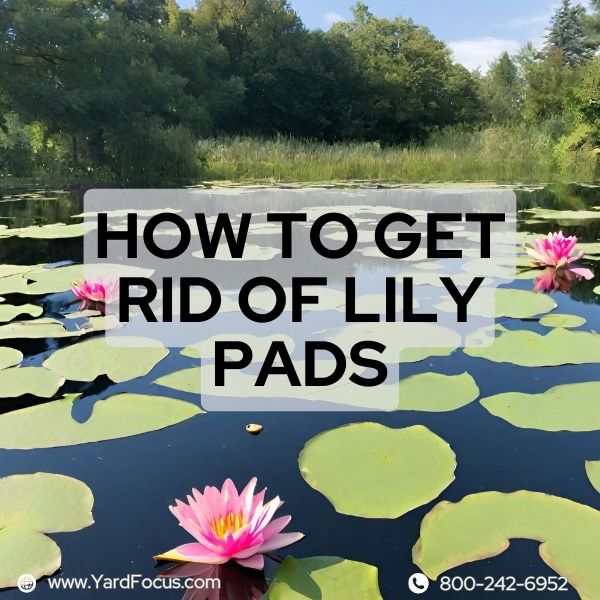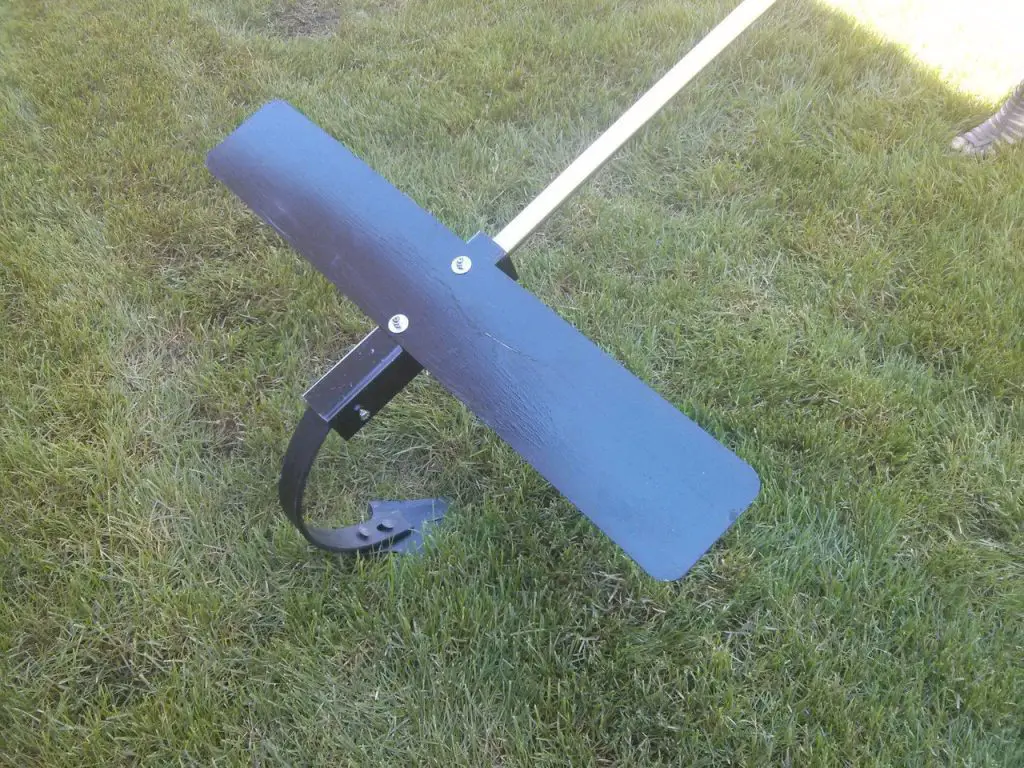Dealing with lily pads in a pond can be a common issue for pond owners and can lead to various problems such as oxygen depletion, fish habitat disruption, and overall pond health decline. In this article, we will explore effective methods to get rid of lily pads in a pond and restore the balance of your aquatic ecosystem.
1. Manual Removal
One of the simplest ways to control lily pads in a pond is through manual removal. This method involves physically pulling the lily pads out of the water. To do this effectively, you can use a pond rake or a long-handled tool to reach and pull out the lily pads. Be sure to remove the lily pads along with their roots to prevent regrowth.
2. Cutting and Raking
If manual removal is not practical due to a large number of lily pads, cutting and raking can be a more efficient method. Using a sharp aquatic weed cutter, cut the lily pads close to the roots. Follow this by using a rake to collect and remove the cut lily pads from the pond.
3. Biological Control
Introducing natural predators can be an effective biological control method for managing lily pads in a pond. Fish species like grass carp and koi are known to feed on aquatic vegetation, including lily pads. However, it is essential to consider the impact of introducing new species to your pond ecosystem.
4. Chemical Treatments
Using herbicides specifically designed to target aquatic weeds can provide effective control of lily pads in a pond. It is crucial to choose herbicides that are safe for aquatic life and follow the manufacturer’s instructions carefully when applying them to avoid harming other plants or animals in the pond.

Credit: m.youtube.com
5. Shade the Pond
Lily pads thrive in areas with abundant sunlight. By introducing shade to your pond, either through planting trees or installing artificial shade structures, you can limit the growth of lily pads. This method is a natural way to control lily pads while also providing additional benefits to the pond ecosystem.
6. Use Aeration
Aeration can help improve water circulation and oxygen levels in the pond, which can inhibit the growth of lily pads. By installing aeration systems such as fountains or aerators, you can create an environment that is less conducive to the proliferation of lily pads and other aquatic weeds.
7. Regular Maintenance
Prevention is key to controlling lily pads in a pond. Regular maintenance practices such as removing decaying organic matter, managing nutrient levels, and monitoring water quality can help prevent the overgrowth of lily pads and maintain a healthy pond ecosystem.

Credit: www.yardfocus.com
Conclusion
Managing lily pads in a pond requires a combination of strategies that are tailored to the specific needs of your pond ecosystem. By implementing manual removal, cutting and raking, biological control, chemical treatments, shading, aeration, and regular maintenance practices, you can effectively control lily pads and promote the overall health and balance of your pond.
Remember to always consider the environmental impact of the methods you choose and consult with pond management professionals for guidance on the most suitable approach for your pond.


